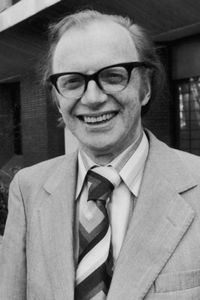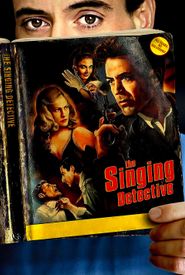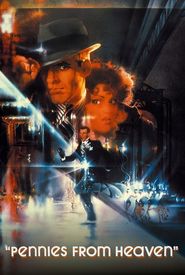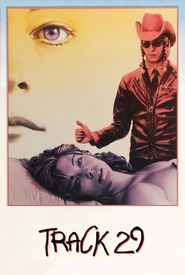Dennis Christopher George Potter was born on May 17, 1935, in Berry Hill, a small village nestled within the Forest of Dean, where his grandfather and father worked as coal miners. This humble beginnings had a profound impact on the young Potter, who found solace and escape in books, discovering that "words were chariots" that could transport him to new and exciting worlds.
Potter's early life took him to London, where he attended school, and later, he spent two years serving in the Army. His time at Oxford University proved to be a transformative experience, during which he wrote his first novel, "The Glittering Coffin" (1960),a scathing critique of England.
As a BBC trainee, Potter wrote and hosted the documentary "Between Two Rivers" (1960),exploring the rich history and culture of the Forest of Dean. He then joined the Daily Herald in 1961, where he served as the TV critic from 1962 to 1964. During this period, he was diagnosed with psoriatic arthropathy, a disease that would plague him for decades, but fortunately, new treatments and medications would later help alleviate his symptoms.
In 1964, Potter's plans for a political career were derailed when he lost the election as a Labour candidate. However, this setback did not deter him from pursuing his passion for storytelling. That same year, the BBC premiered "The Wednesday Play," and Potter submitted a novel-in-progress, which would eventually become his first TV play, "The Confidence Course" (1965),a thought-provoking exploration of motivational seminar swindlers.
Over the course of his three-decade-long career, Potter wrote novels, essays, stage plays, and movies, but his true focus remained on television, where he pioneered innovative storytelling techniques that explored consciousness and memory. His groundbreaking work led to numerous acclaimed productions, including the masterpiece "The Singing Detective" (1986),which is widely regarded as one of the greatest original works ever created for television.
In the latter part of his life, Potter began to venture into directing, with projects such as "Blackeyes" (1989) and "Secret Friends" (1991). His influence extended far beyond his own work, with examples like Steven Bochco's "Cop Rock" (1990) showcasing the impact of his innovative storytelling.
Despite the limited exposure of his work in the United States, Potter's plays and interviews are preserved in the permanent collection of the Museum of Television & Radio, available for viewing in New York City and Los Angeles. Retrospectives of his work have been held at the Museum of Fine Arts in Boston and the Museum of Television & Radio in New York City, further cementing his legacy as a pioneering figure in the world of television drama.
























































